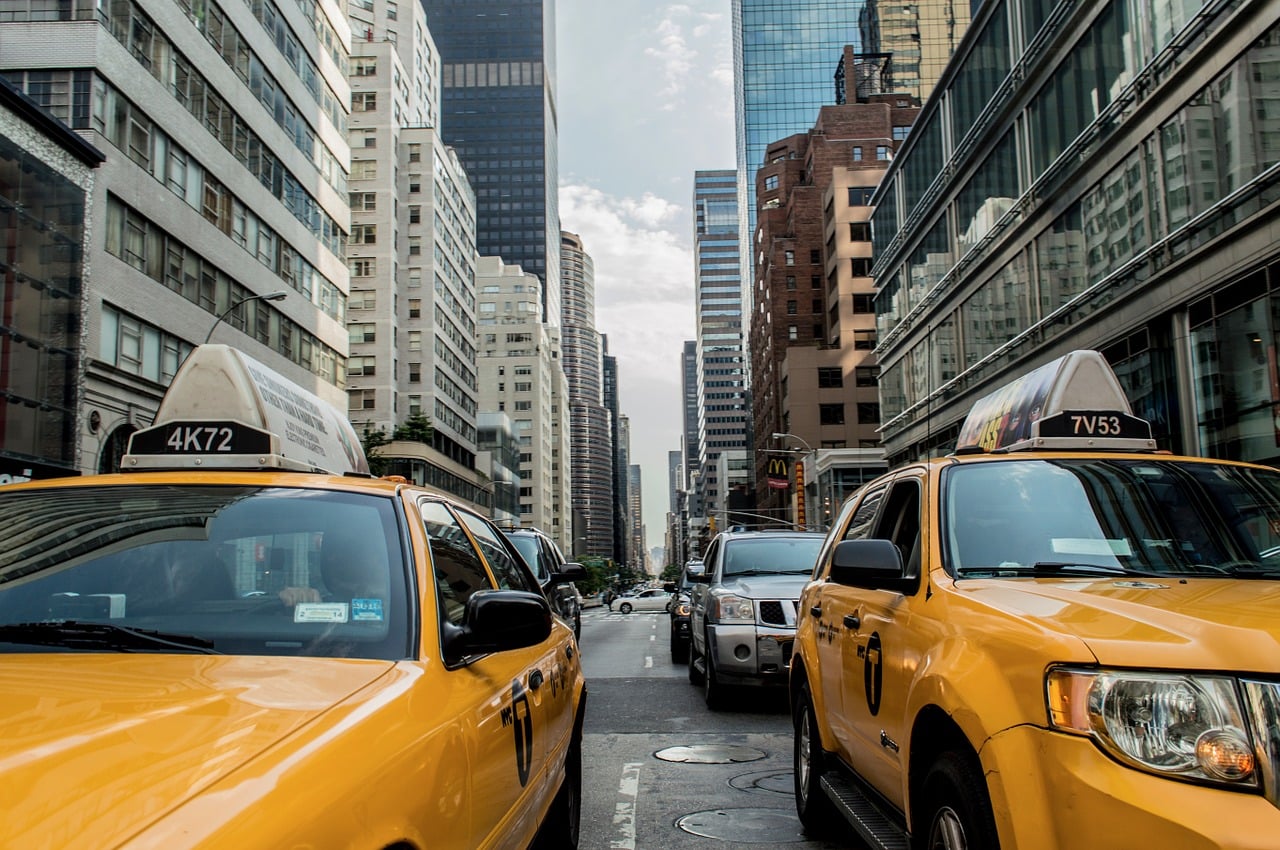Guessing the richest or biggest countries is not a difficult task, but things could get difficult if you want to rank the richest global cities. Like with countries, one of the best measures of a city’s wealth is its GDP, so here are the top ten world cities on the basis of their gross domestic product (GDP) (this list is based on the 2018 GDP figures):
Q3 2020 hedge fund letters, conferences and more
Top Ten World Cities By GDP
-
Shanghai ($516 billion)
Shanghai is the commercial hub for China, unlike Beijing, which is China’s cultural and political hub. It is a popular tourist destination and is the most populous city in China. The city has witnessed phenomenal economic growth over the past few decades but has gradually lost momentum over the past few years. The tertiary sector has displayed the highest growth in the past few years, while the industrial sector is losing steam.
-
Moscow ($520.1 billion)
This Russian city is known for its vodka. Moscow has seen numerous wars but has emerged stronger every time. The city now accounts for a significant proportion of the country’s supply of food, steel, minerals and chemicals. Moscow is not only politically relevant but acts as a financial hub for the country as well. All foreign investment in Russia passes through the financial institutions in Moscow.
-
Chicago ($524.6 billion)
Chicago is home to the manufacturing, printing and publishing industries. The city has witnessed significant growth since 2001 and is still growing. Chicago has also been seeing a construction boom, thanks to corporate relocations and expansions there. It is home to more than 400 major corporate facilities, including 31 in the S&P 500 and 36 in the Fortune 500. Chicago has the second-largest corporate headquarters cluster in the U.S.
-
Osaka ($654.8 billion)
Osaka is among the oldest and historically relevant cities in Japan. The majority of industries in the city engage in metal, textile and plastic production. The city boasts of high-quality SMEs in the manufacturing sector and attracts global companies with highly skilled human resources and quality technologies. It is home to the Osaka Securities Exchange and electronics giants Panasonic and Sharp.
-
Paris ($669.2 billion)
Paris is not just known as the "city of romance" but also the "fashion capital of the world." The city is home to many high-end clothing brands. It is also a popular tourist attraction and is home to the Eiffel Tower, the Champs Elysees, the Louvre and the Arc de Triomphe. Paris’ economy is largely based on services and commerce, with commerce, transportation, and diverse services accounting for the bulk of its enterprises.
-
London ($731.2 billion)
London is a global hub for finance and banking. The London Stock Exchange (LSE) is the biggest stock exchange in Europe. London is also a popular tourist destination and is home to several tourist attractions, including Buckingham Palace, Big Ben, the Tower Bridge and the London Eye. London accounts for about 22% of the U.K.’s GDP. After the end of World War II, London shifted to mostly a service-based economy.
-
Seoul ($779.3 billion)
Seoul plays a significant role in electronic, textile, and iron and steel production. It is home to 14 Fortune Global 500 companies, including Samsung, LG and Hyundai. It is also a great tourist destination and got more than 10 million international visitors in 2014, making it the ninth most visited city. The city is also working to attract more foreign investments. In the Global Financial Centers Index by London-based think tank Z/Yen, Seoul was ranked 25th out of 110 cities.
-
Los Angeles ($789.7 billion)
Known as the "City of Angels," Los Angeles was founded as a small village. It evolved into a big city after Americans won it in 1847. Construction of railroads helped the city grow as a commerce hub. Although the city is known for showbiz, the majority of businesses located there belong to the finance and banking sectors. LA ranks high in terms of GDP, but it ranks low when it comes to median household income.
-
New York ($1.210 trillion)
New York City may not be the richest city in terms of GDP, but it has more billionaires than any other city. One interesting fact about New York is that it accounts for just 1% of the U.S. land mass but about 8% of the country’s GDP. It is also known for apples and apple cider. In fact, it is the second-biggest apple-producing region in the U.S. after Washington State.
-
Tokyo ($1.520 trillion)
Tokyo initially was a little fishing village, but it transformed into a global financial hub after Tokugawa Ieyasu (one of the three "Great Unifiers" of Japan) chose Edo (the former name of Tokyo) as his headquarters. It witnessed a massive earthquake in 1923 and survived World War II. After Japan’s surrender in 1945, Tokyo worked to transform itself into the top among world cities in terms of GDP. Electronics, telecommunications and publishing are its leading industries.






